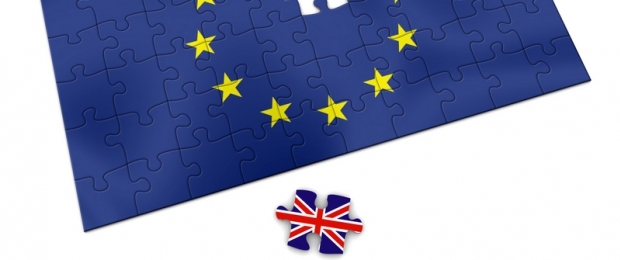
It's time to do your homework
For the past seven years Britain has been led by the most pro-European prime minister since Ted Heath, yet the mood of the country has never been more Europhobic. A constant stream of anti-European propaganda has helped to turn public opinion against the EU, the euro and the constitutional treaty that is under discussion in Brussels today. Too few politicians have been willing to fight back and expose the lies peddled by the sceptics. Tony Blair gives the occasional pro-European speech, but few of his ministers follow suit. So it is hardly surprising that the sceptics have, for now, won the argument about Europe.
The problem with the Labour leadership is not Euroscepticism, but rather indifference. Not many cabinet ministers know much about the EU, are interested, or think it matters. Of course, there are pro-Europeans, such as Charles Clarke, Patricia Hewitt and Geoff Hoon. But when was the last time that one of them found the courage to make a big speech on the virtues of the EU or its draft constitution? Too often, politicians seem to think that if they speak out on Europe they will invoke the wrath of the tabloids and harm their careers. The same caution presumably explains why Labour decided to campaign in the last two European elections by talking as little as possible about Europe - a tactic that evidently failed.
The cumulative effect of this lack of leadership is that the centre of gravity of the European debate has shifted, in only a few years, from "Should we join the euro?" to "Should we quit the EU?" That shift, combined with the decision to hold a referendum on the EU constitutional treaty, poses great dangers for Britain.
Legally, the treaty cannot enter into force unless all 25 members ratify it by parliamentary vote or referendum. At least half a dozen are likely to hold referendums. Many Britons - including, it seems, cabinet ministers - assume that another country is bound to vote No, so it doesn't matter very much which way Britain votes.
The truth, however, is that a No vote would have profound consequences for Britain and for Europe. There is a fair chance that all the other countries will adopt the constitution; in none of them is Euroscepticism so rampant as in Britain. If Britain alone cannot ratify, the others could try to expel it. In practice there would not be the required unanimity: Britain has many friends, notably among the Nordics and central Europeans, who would be loath to have an EU without Britain.
But no one should assume that if the British vote No, all the others will happily abandon their efforts to improve the way EU institutions work. France and Germany would probably lead a group of like-minded members into the creation of an avant-garde committed to closer integration. Jacques Chirac would not be the only leader who would want to seize the opportunity of a British No to set up a "core Europe" that excluded Britain and some of the troublesome central Europeans. This would have its own institutions and might focus on subjects such as economic policy coordination in the euro zone, corporate taxation, foreign policy, migration and criminal law. The existing EU would remain as an outer circle for Britain and other faint-hearted countries.
Of course, Britain may not be the only country to reject the constitutional treaty. But if several countries turned it down, a core Europe would still be the most likely outcome (this assumes that France adopts the treaty, as it probably will; if France did not, both the constitutional treaty and the idea of an avant-garde would be dead). The British should not under-estimate the political will in several European capitals in favour of a new institutional club. Outside the core, Britain would still have access to the single market. But it would pay a heavy political and economic price.
Excluded from many of the decisions that shaped the continent's future, Britain would often have to choose between following or opposing the leading group. Staying out of the euro is already causing problems. Last month's report from the Economist Intelligence Unit shows that the UK's share of foreign direct investment into the EU-15 fell from 28% in 1999 - the year the euro was created - to 5% in 2003. Membership of an outer circle would make Britain seem an even more peripheral country.
Tony Blair needs to order his ministers to do some homework on the treaty and learn how to dispel the many myths surrounding it. They must go out and explain the good things in the document, and the countless benefits of EU membership. The referendum can be won, but only if politicians find the courage to make the case for Europe, and keep doing it. Otherwise Britain will leave the European mainstream.
